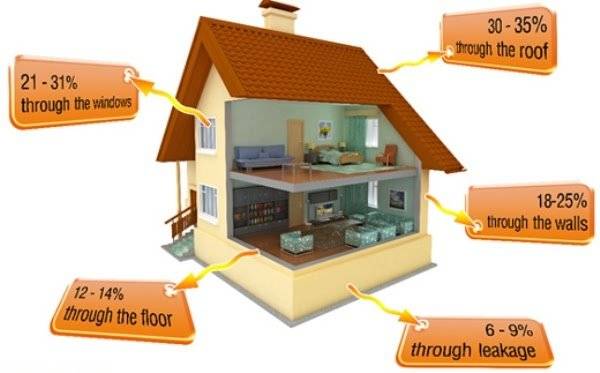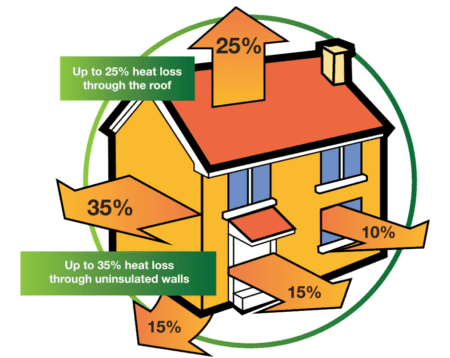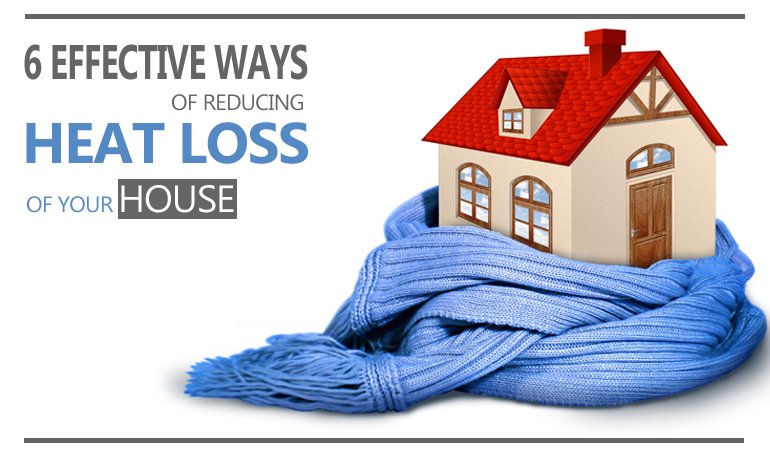Post Content
The increasing energy cost has forced people to think about smart energy solutions. Lowering the energy cost of the house will help in saving money and the environment. Incorporating energy-efficient technologies in the house is a great investment.
It enhances the value of the property. There is a domestic and commercial electrical test certificate, EPC, and other certificates that will ensure that the house is safe and energy-efficient.

Heating the property is responsible for high energy consumption. The heating system has to work hard to keep the property warm and cozy. Here are a few cost-effective ways to keep the property energy efficient by reducing heat loss.
-
Installing Door Sweeps and Draft Guards
The warm air often escapes the property from under the door. It makes the heating system work harder to maintain the set temperature. It is important that you block the escape of the air from under the door. It is a common site for heat loss.
Adding door sweeps is an effective way of preventing heat loss. They are a cheap and effective method for achieving efficiency. You can install it without disturbing the hinges of the door. You can also use draft guards under the interior doors.
-
Add Drapes to Windows
The windows allow the cool air to enter and hot air to escape. You can prevent heat loss by using drapes. The drapes are effective in blocking the loss. The drapes are a functional and decorative addition to the room.
You can find lined drapes and they will look good and block the air loss. They help in reducing the window condensation because the space between the windows and drapes is cooler than the rest of the room.

Common Heat Loss Points
-
Get a Heater Fan
The heater fans are a great investment. These fans are heat-powered and are set directly above wood stoves or gas heaters. It spreads the heat horizontally instead of letting it rise upwards. It heats the room quickly and efficiently.
The great thing about these fans is that they have no operating cost. It does not need electricity or batteries. They are silent and extremely durable.
-
Invest in a Programmable Thermostat
Turning down the thermostat about 1 degree can save about 10 % annually on heating bills. You can invest in a programmable thermostat and the temperature will adjust accordingly.
With a programmable thermostat, the temperature will adjust even when you are not home. Installing it is easy and convenient. It is worth every penny and allows you to save a lot of money in the long run.
-
Tankless Water Heaters
The tankless water heaters are a valuable investment. These heaters have the capacity to deliver as much as 200 gallons. There is no tank so you are not going to face the problem of an empty tank. It offers you an endless supply of hot water. It lowers energy consumption as there is no tank to keep warm. They only burn gas when hot water is needed.
-
Insulating Water Pipes
Most of the water pipes are not insulated. It results in a loss of heat and the water heater needs to work extra hard. It increases energy costs. Insulating the water pipes is effective in achieving energy efficiency without compromising comfort.


